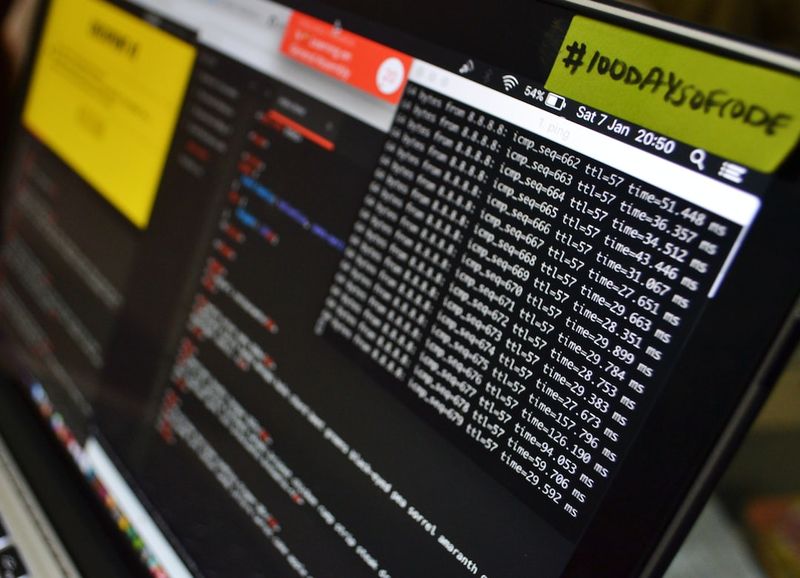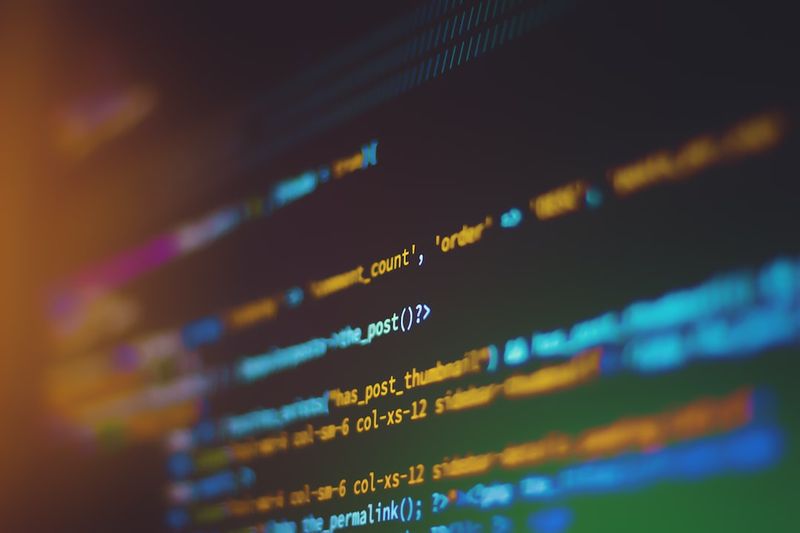Data Breaches: Enzo Biochem Ransomware Attack Exposes Information of 2.5M Individuals
Enzo Biochem, a biotechnology company based in Farmingdale, New York, recently disclosed that the clinical test information of approximately 2.47 million individuals was exposed in a recent ransomware attack. The company revealed in a Form 8-K filing with the US Securities and Exchange Commission (SEC) that the incident occurred on April 6, and as a measure, some systems were disconnected from the internet.
Ransomware Attack Details and Data Breach Severity
On April 11, Enzo Biochem’s investigation found that the attackers had accessed and exfiltrated certain information from its systems, including names, clinical test information, and in some cases, Social Security numbers. In the same SEC filing, Enzo Biochem states, “The company identified unauthorized access to or acquisition of clinical test information of approximately 2,470,000 individuals. The Social Security numbers of approximately 600,000 of these individuals may also have been involved.”
The company fears that employee information may have also been exposed in the ransomware attack and that the company will notify all affected individuals and regulatory authorities promptly. Enzo Biochem expects the ransomware attack to persist, leading to expenses related to response, remediation, and investigation. Furthermore, the company informs that the full cost and impact of the incident are under evaluation, and increased regulatory scrutiny is expected.
The Philosophy of Data Breaches and Ransomware Attacks
Data breaches and ransomware attacks are becoming increasingly prevalent in today’s world, exposing sensitive information to malicious actors. Several philosophical questions arise when pondering the issue, including matters of trust, exploitation, and security.
First, trust is a fundamental aspect of human interaction, and data breaches and ransomware attacks affect trust. When individuals entrust their personal data to a company’s care, they expect the company to take the necessary steps to keep it secure. If a company fails to keep the data secure, trust is lost.
Secondly, from an exploitation standpoint, data breaches and ransomware attacks exploit individuals’ personal information for malicious purposes. Attackers leverage the stolen data for financial gain, identity theft, or other nefarious activities, causing a ripple effect of the initial breach’s repercussions. As such, the impacted individuals suffer from the breach, leading to loss of trust, financial expenditure, and, in some cases, emotional distress.
Thirdly, With the increase in global data breaches and ransomware attacks, individuals and companies must prioritize their security measures. Companies must consider investing in stronger security protocols, training their employees on security measures, and providing resources to handle security breaches. Individuals must prioritize their data security, including using strong passwords, two-factor authentication, and remaining vigilant about their information’s safety online.
The Editorial: Mitigation of Damage and Preventative Measures
The Enzo Biochem ransomware attack highlights the importance of mitigating the damage caused by a cyber incident and, more importantly, preventing ransomware attacks and data breaches from happening in the first place. Once a ransomware attack occurs, it is critical to have a contingency plan in place. Such a plan should include disaster recovery protocols, regularly tested backups, and incident response teams trained to restore backup data on affected systems and minimize downtime.
Furthermore, preventive measures in place can help companies avoid ransomware attacks altogether. Companies must ensure that their employees are trained and understand the significance of security protocols such as password hygiene and phishing awareness. Regular scans and updates of firewalls and antivirus software can help detect potential threats before they escalate. In addition, security experts recommend that companies invest in around-the-clock network monitoring and endpoint detection and response (EDR) solutions.
Advice: Zero-Trust Framework and Importance of Cybersecurity Insurance
Finally, companies vulnerable to ransomware attacks and data breaches might consider adopting a zero-trust framework, which assumes that the network is already compromised, making it easier to detect and contain an attack and reduce the risk of disruptions.
Additionally, with cyber attacks becoming increasingly more common and expensive to mitigate, cybersecurity insurance can help companies reduce their risks and damages associated with such incidents. The insurance policy may include coverage for damages incurred during an attack, business interruption coverage, and even regulatory compliance costs.
Conclusion
The Enzo Biochem ransomware attack highlights the significant risk of cyber threats to companies and individuals. Mitigating risks involves implementing preventive measures to avoid attacks, having a contingency plan in place in case of a successful attack, and having the proper cybersecurity insurance coverage to reduce the financial risk. Companies must prioritize their security measures to safeguard their customers’ trust and personal information.

<< photo by Elina Volkova >>
You might want to read !
- The Politics Behind Tech Giants in the Age of Cyber Espionage
- Why Maintaining a Strong Data Security Posture is Essential for Businesses
- “Cyber Espionage Takes Flight: Camaro Dragon Unleashes TinyNote Backdoor for Covert Intel Collection”
- The Vulnerability Exploited in MOVEit File Transfer Software: Analyzing the Impact on Organizations.
- The Vulnerability of Connected Cars: Toyota’s Latest Data Breach
- Toyota’s Cloud Data Breach: How Safe Is Your Personal Information?
- The Rapid Expansion of Southeast Asian Hacking Crew with a Long List of Victims
- “Unveiling the Decade-Long Data Breach of Toyota: Records of 2 Million Cars at Stake”
- “Unveiling the Decade-Long Toyota Data Breach: Over 2 Million Vehicles in Japan Affected”




